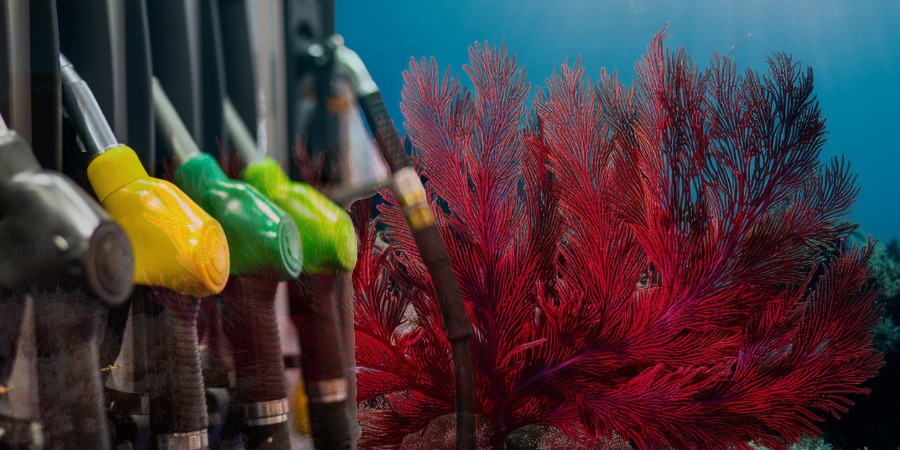
As the world grapples with the challenges of climate change and diminishing fossil fuel reserves, the search for sustainable energy alternatives has never been more urgent. Among the most promising solutions, algae have emerged as a top contender.
These diverse, photosynthetic organisms offer a renewable and environmentally friendly pathway to biofuels, addressing both energy security and sustainability concerns.
Algae are incredibly efficient at capturing carbon dioxide (CO2) from the atmosphere, utilizing sunlight and nutrients to produce energy-rich oils and biomass.
These oils can be readily converted into biodiesel, bio-jet fuel, and other valuable biofuels that serve as cleaner, more sustainable alternatives to traditional petroleum-based products. By utilizing CO2 as a feedstock, algae biofuel production can also help mitigate greenhouse gas emissions and combat climate change.
What sets algae apart from other biofuel sources is that they don’t compete with agricultural land or food production.
Algae can thrive on non-arable land, in salt water, or even in wastewater, maximizing resource utilization and minimizing environmental impact. This makes them an ideal option for regions where traditional agriculture is challenging or unsustainable.
Moreover, the production of algae biofuels can generate valuable byproducts, such as animal feed, fertilizers, and even valuable pharmaceutical compounds, further enhancing the sustainability and economic viability of the process.
Integrating these byproducts into existing value chains creates a circular economy, maximizing resource efficiency and minimizing waste.
As the demand for sustainable fuels continues to rise, algae-based biofuels offer a promising path towards a cleaner, more sustainable energy future. Further research, innovation, and investment in this sector are essential to unlock the full potential of algae and create a greener world for generations to come.






